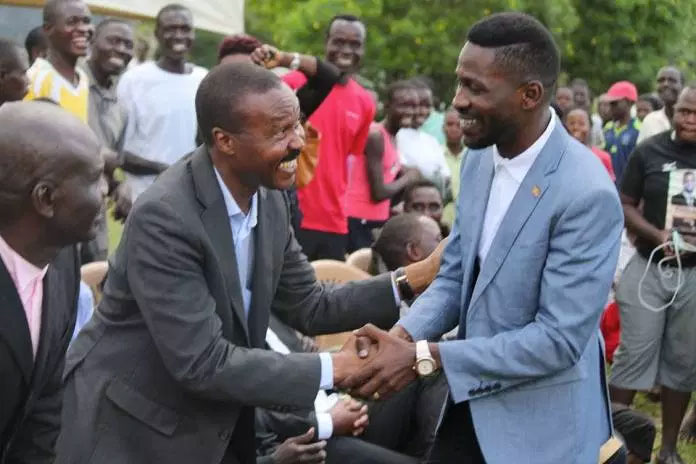
KAMPALA – In the unprecedented wave of a pandemic like Covid-19, the wake of social distancing and the new normal that has had every country on the globe adjust their lives to. Uganda finds itself at a dynamic wake of chase for priorities and compromises. Being landlocked brought new realities to the economy on how best we can survive such a crisis in the near future.
In addition to this, Ugandans continue to adjust their finances and livelihoods to the times in regards to survival and social wellbeing. Never before has a time reflected the nature of ubuntu embedded in the Ugandan people as the pandemic times, the dedication to survival even in the midst of lack, the misappropriation of resources by those entrusted to manage them, overarching corruption and an escalated time of disease, poverty, hunger and crime wave.
The Covid-19 pandemic is thought to cause a worse financial crisis than that of 2008 credit crunch. Economists argue that it might take about two years for countries to start seeing a semblance of stability in the economy.
According to the IMF, “Since the pandemic’s outbreak, prices of risk assets have fallen sharply. At the worst point of the recent selloff, risk assets suffered half or more of the declines they experienced in 2008 and 2009. For example, many equity markets—in economies large and small—have endured declines of 30 percent or more at the trough. Credit spreads have jumped, especially for lower-rated firms.”
Without a doubt, many people are going to be faced with unemployment over the next months. The economy has lost billions of monies in its key sectors and tax pools like in tourism, in remittances and forex among others and that will be a great factor in how the budget allocations will be made for the next financial year. Incomes continue to go down with the cuts made by various organizations during the Covid-19 Lockdown, where work was reduced to essential workers only.
Our reality is that the economy is not becoming inclusive. Worse still, it is not creating jobs fast enough to provide opportunity for a burgeoning youth population much less now after a pandemic. Growing the economy in a manner that makes it more inclusive and create jobs for our young people is our collective business as a people. We need to build a new consensus on a new economic architecture that achieves the multiple objectives of inclusive growth, creating jobs for our young people and accelerating the structural transformation of our people can be built by all of us.
Therefore, the strategies of going forward ought to reflect the composition of the society and how best they can be helped to recover post and pre vaccine. In the next season of life, Ugandans need to come together and contribute to the transformation and recovery of the economy.
As we progress into the post lock down and pre-vaccine season, fiscal policies need to be adjusted to reflect the times in order to create shock absorbers for the Ugandan tax payers. fiscal policies will play a critical role in mitigating the negative impact of the pandemic on economic activities and challenges in the affected sectors, while monetary policies will help reduce the impact of the deterioration of the Balance of Payments
Policymakers and economists need to understand and prepare for the threat that the economic system is more likely to face and work collaboratively on appropriate strategies and policy measures to counteract the downturn.
Dialogue around the economy is one of the fundamental agenda items of the National Dialogue Process. And the dialogue’s goal is towards an economy that works for everyone. One where the cash and non-cash economy can thrive and be able to improve their lives in the long run.
It should be noted that ahead of the re-opening of the shops and other income generating facilities, there should be a drive towards easing financial crisis and hedges that might cause many businesses to close after such a pandemic.
Emphasis should also be put more on than the manufacturing companies who have a broader scale to venture in, creating a need for import substitution, a promotion for Buy Ugandan and Build Uganda and a better appreciation of forex, remittances and the contribution of the bottom percentage —the non-cash economy.
Indeed, with the absence of a vaccine, the only way Ugandans can benefit and work on the struggle of making the economy flexible and stable is by practicing the World Health Organization’s guidelines on social distancing, wearing masks and washing hands often. It will be in our ability to adhere that we will significantly subdue the spread of the virus.
Our mandate therefore as a people is to continue conversations around the economy and toil towards an economy that works for everyone. Ugandans need to dialogue about on how to build both the foundation for robust local, regional and national economies that guarantee equal opportunity and shared prosperity for every citizen post lockdown and pre-vaccine time.
=============================================
Tricia Gloria Nabaye, Resident Research Associate: Great Lakes Institute for Strategic Studies







